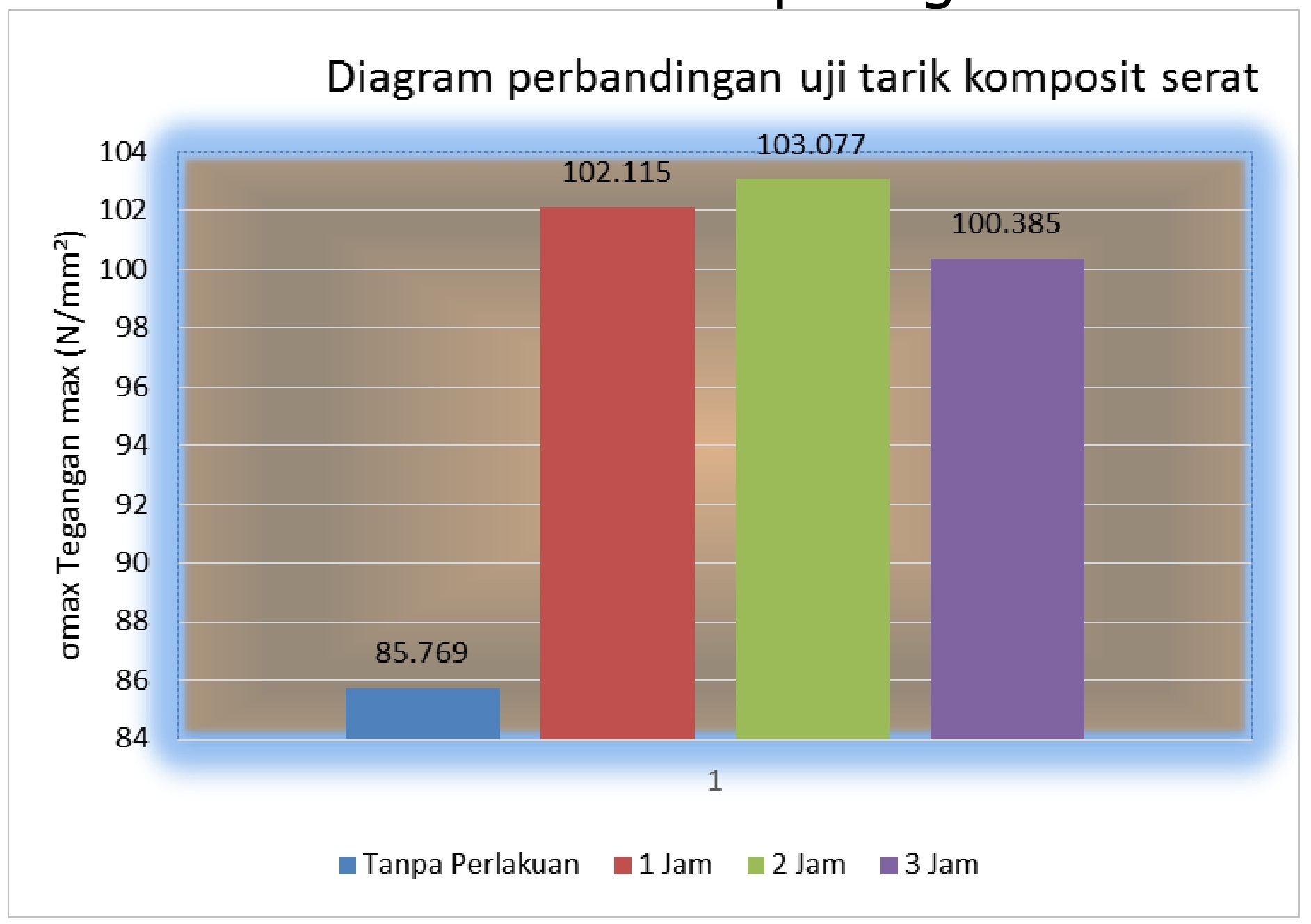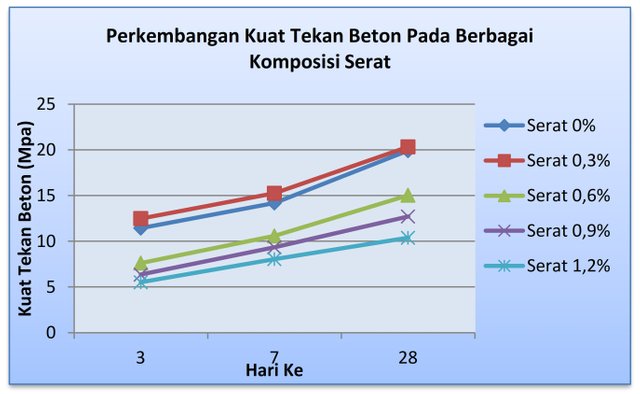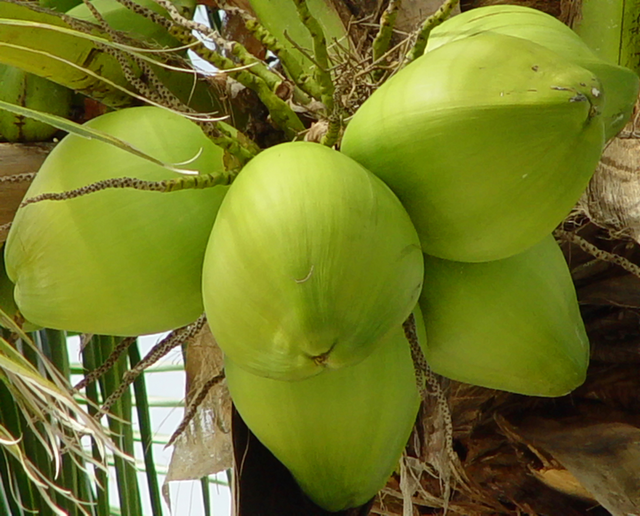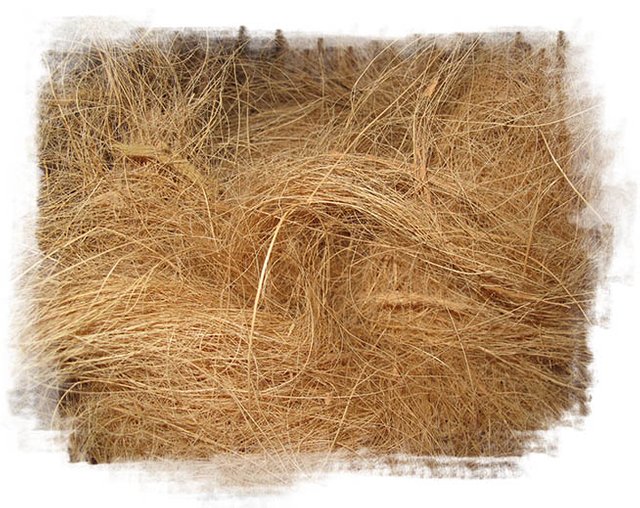Coconut Fibers as Supporters of Eco-Friendly Concrete Technology
Sincerely your best friend steemit.
Speaking of coconuts, I think we all know that coconut fruit is one of the many fruits grown on the coast. This fruit is widely consumed at the time of young age with physical characteristics of green. In addition to the delicious taste it is also beneficial for health to restore the body ions when consumed after the activity.
Coconut fruit is a plant in Palmae family that is very commonly found in the tropics, especially in coastal areas. Coconut is very popular in the community because it has many benefits for human life and can be said to be versatile and zero waste because almost all parts of this plant can be utilized by humans. Various benefits are obtained from the fruit, water, fibers, shell, leaves and stems.
On this occasion I will talk more specifically that coco fiber and its role in the application of construction technology.
Concrete as a construction material is not only composed of cement, sand, gravel, and water but also an additive (admixture) which can improve workability, compressive strength, tensile strength, flexural strength, slow or accelerate the initial tie time and so on, as needed. The addition of other materials, especially natural fibers in the normal concrete certainly has its own way of analysis. The addition of fibers in certain proportions is likely to affect the behavior of the whole concrete structure. The effect of this change needs to be examined to provide precise information on the behavior and capacity of fibrous concrete in particular the fibers of coconut fibers.
According to Wikipedia,
Concrete fiber is a concrete that way of making plus fiber. The purpose of adding these fibers is to increase the tensile strength of the concrete, so that the concrete is resistant to tensile forces due to weather, climate and temperatures that usually occur in concrete with a large surface. The types of fibers that can be used in fiber concrete can be natural fibers or artificial fibers.
Coco fiber is durable, very ductile, strong against friction, not easily broken, resistant to water, not easily rot, resistant to fungi and pests and is not inhabited by termites and rats.
Ilyas Renreng and Abdul Hay Muchsin are researchers at the Department of Mechanical Engineering, Faculty of Engineering, Hasanuddin University of Indonesia in their mechanical journal "Cocos Nucifera Tensile Strength With Curcuma Domestica Treatment" stated the test results show that composite tensile test, each varieties were tested 1 times, best result obtained in composite specimen with 80% fiber composition: 20% resin with 2 hours pretreatment fiber. Where the average maximum tensile load is more than 5360 N. Read more here.

Romy Talanipa, a researcher and faculty member of the civil engineering department of the University of Haluoleo Indonesia's technical faculty in his journal "The Effect of Addition of Coconut Coir Fiber Against Strong Concrete Press on Normal Concrete" stated that the results showed that with the addition of fibers of coconut fiber to the volume of concrete with a certain percentage increase value compressive strength on concrete. Read more here.

With the addition of coco fiber on the concrete can increase the compressive strength of concrete that is obtained by compressive strength of the optimum in the proportion of fiber addition with a certain value where it exceeds the normal concrete compressive strength but not too significant.
I HOPE YOU ENJOY READING
Reference :
https://id.wikipedia.org/wiki/Beton_Serat
https://id.wikipedia.org/wiki/Sabut
http://jurnal.untad.ac.id/jurnal/index.php/Mekanikal/article/download/5257/4011.
http://ejournal.kemenperin.go.id/jrti/article/view/2698


Imagine how many tonelades of this great material are losed in our world.
It is a good thing that we should to uses for have a better life. Thank you for the information i never learn about it. Best regard @galberto
Yes that is true. Coconut as a whole very much useful and not only in terms of science but also other construction.
Very respect for you
Wow! amazing! Let's go greeen!!! :) Thanks for sharing!
This nature is indeed amazing. Back to nature is the right choice for now
Thanks @tiffanyrej
wonders of nature

Virgin coconut oil is very good for health
I bought a big one gallon coconut oil ....virgin and organic
Thanks for the share. Great research data too!
Yes, going green is not hard. Most of the ingredients and materials are already around us. Sometimes we just need to think out of the "husk". :) #stayawesomeandsteemon
Yes, that is very appropriate. I a gree with you.
Coconut it is!
Husk can be used to make nets to help prevent landslips also, coconuts are good!
Wow! it is so amazing. Thank you for adding information
Congratulations it's beautiful @edoe . Must feel great - that is a lot of work!
Thank you @video-master
I wonder if the coir would soak up water from the concrete mixture and cause it to break down?? At least on the surface and edges of the concrete exposed to air? Ive been using coir for almost 15 yrs in many applications and it is slow to break down, even with exposure to oxygen and moisture. I'm very curious to see how this works! Our ground in Florida settles a lot and we get cracked foundations, plus we have sinkholes. Would be nice if we could make the concrete stronger.
Thank you for your post, very nice!
@mrainp420 has voted on behalf of @minnowpond. If you would like to recieve upvotes from minnowpond on all your posts, simply FOLLOW @minnowpond. To be Resteemed to 4k+ followers and upvoted heavier send 0.25SBD to @minnowpond with your posts url as the memo
Good job bg @edoe...have a nice day
Thank you @irwanumpal. Thank you for your advices.